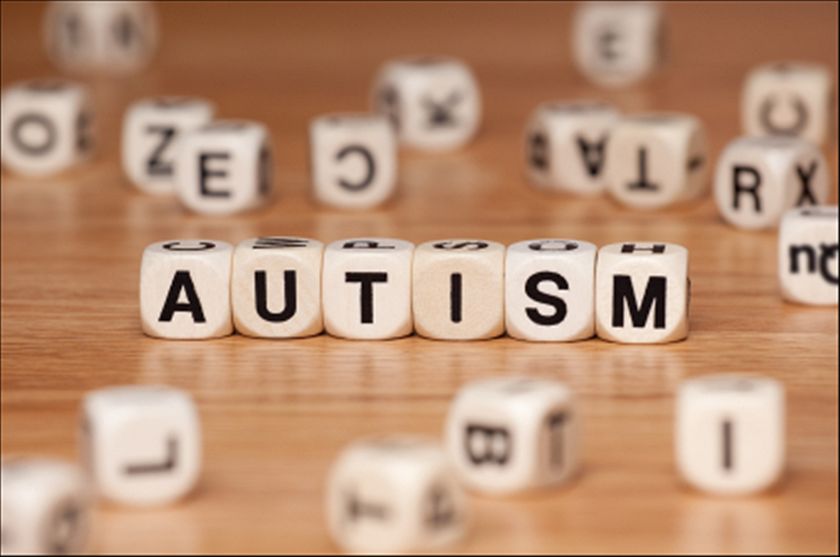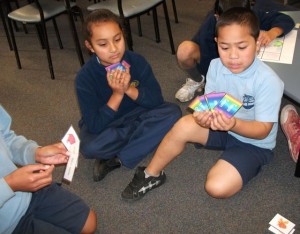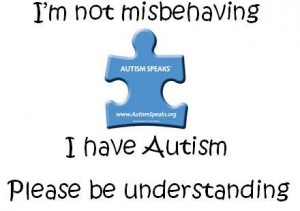As we finish up April and Autism Awareness Month, we share with you some strategies for autism therapy at home. Since the early 1970’s the United States has recognized April as Autism Awareness Month and autism advocacy groups take this special opportunity to educate the public about autism and related issues within the autism community. Autism Spectrum Disorder (ASD) and autism are both general terms for a group of complex disorders of brain development. They are characterized by varying degrees of difficulties in social interaction, verbal and non -verbal communication and repetitive behaviors. ASD affects over 2 million people in the United States and tens of millions worldwide. Rates have increased 10-17% annually in recent years, with no established explanation.
An Interview with Jerry Turning
InterviewsToday we’re featuring an interview with Jerry Turning, autism dad extraordinaire and writer of Bacon and Juice Boxes: Our Life With Autism. Jerry’s straight talking blog about his son, Eric, reflects the thoughts of countless other parents with children with autism: fear for their child’s future, anger at societal reactions to autism, but also inspiration, pride, and a whole lotta love. In our interview, Jerry discusses his acceptance of his son’s diagnosis, how he relearned the value of pure and simple play, and how his family works to encourage communication with Eric.
Characteristics of Speech in Autistic Children
Speech DisordersAutism is a developmental disorder that ranges from mild to severe. Rather than being defined as one particular disorder and set of symptoms, autism is referred to as autism spectrum disorder (ASD). Every child is unique with his own particular signs and symptoms.
As the parent or caregiver of a child with ASD, you have likely noticed some of the typical signs of autism. Children with autism often react differently to being touched, resist changes to routines, and engage in repetitive activities. However, it bears repeating that children with autism spectrum disorder have various symptoms. That said, you will likely notice that your child communicates differently than children without ASD.




